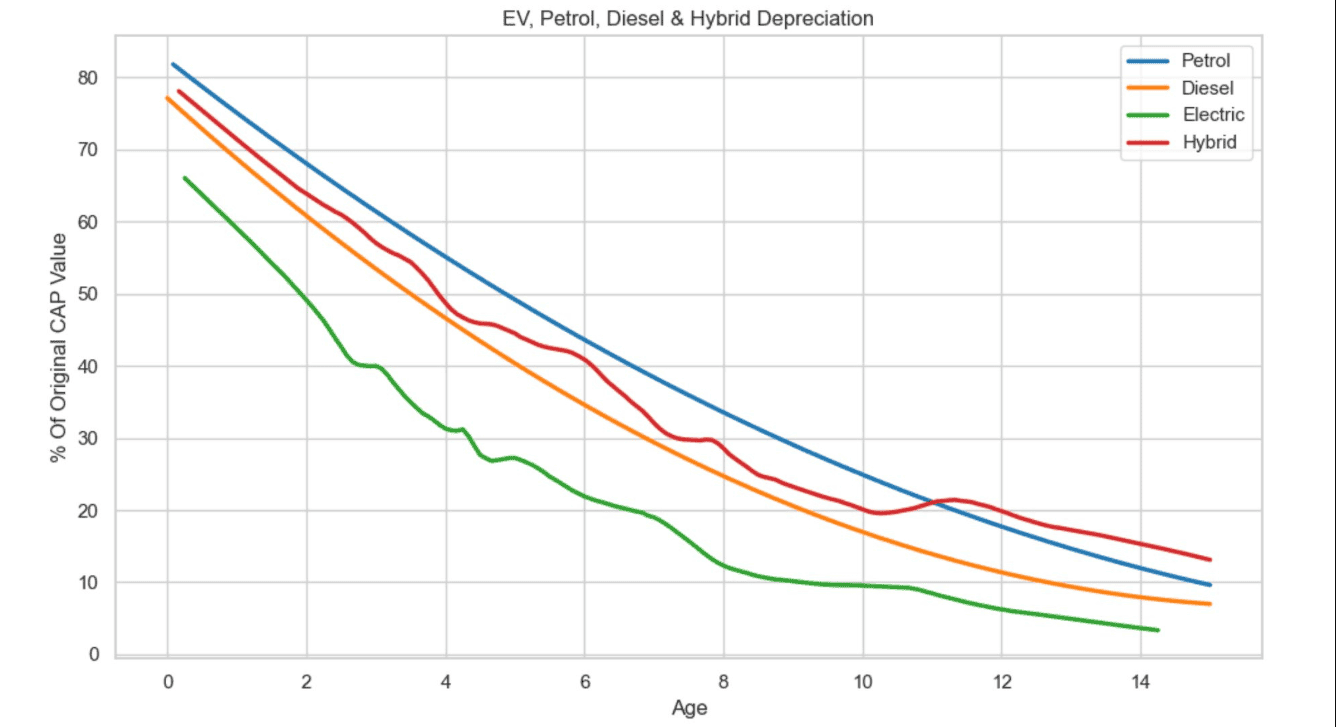In an effort to tackle the growing apprehensions regarding road safety, the National Transportation Safety Board (NTSB), recognized as the primary authority on transportation safety in the United States, has rekindled discussions on the adoption of speed control technology.
As the toll of fatalities linked to speed-related accidents continues to rise, the NTSB strongly supports the integration of Intelligent Speed Assistance (ISA) systems into all new vehicles. This proactive initiative is deemed essential in mitigating the unsettling surge in road crash statistics—a concern extending beyond the borders of the U.S. to impact nations such as Australia.

NTSB Demands Speed Control Tech in All Cars (PDF)
The Urgency of Speed Control
The NTSB’s call for action stems from the grim reality that, despite advancements in automotive technology and improved road infrastructure, the number of road crash fatalities remains distressingly high.
The recent crash investigation involving a car traveling at over 160km/h colliding with a minivan, resulting in nine casualties, exemplifies the urgency of addressing speed-related issues on American roads. In 2021 alone, over 12,000 lives were lost in speed-related crashes across the U.S., highlighting the need for decisive measures.
Intelligent Speed Assistance (ISA)
The proposed solution to this crisis is the implementation of Intelligent Speed Assistance (ISA) systems. Already in use in several European countries and under consideration in Australia, ISA relies on a car’s GPS location, a database of posted speed limits, and onboard cameras to encourage safe and legal driving speeds.
The system offers both passive and active versions; passive systems alert drivers when their speed exceeds set limits, while active systems have the capability to electronically restrict vehicles from surpassing speed limits.
Key Recommendations by the NTSB
The NTSB’s comprehensive recommendations aim to not only deploy ISA systems but also address repeat speeding offenses systematically:
1. Mandatory ISA Systems:
The NTSB recommends the mandatory installation of ISA systems in all new cars, ensuring, at a minimum, a warning to drivers when exceeding speed limits.
2. Public Education:
Acknowledging the importance of public awareness, the NTSB emphasizes the need to educate the public about the benefits of ISA technology. Increased awareness could foster acceptance and compliance among drivers.
3. Guideline Updates for State Programs:
To enhance state highway safety programs, the NTSB suggests updating guidelines to include the identification and tracking of repeat speeding offenders. This targeted approach aims to address persistent issues contributing to road accidents.
4. Counter Measures for Repeat Offenders:
Recognizing the need for specific interventions, the NTSB advocates for the development of countermeasures tailored to reduce repeat speeding offenses. This involves a holistic approach, combining technological solutions with educational initiatives.
5. Research and Implementation of ISA Interlock Programs:
The NTSB urges research and guideline development to assist states in implementing ISA interlock programs specifically designed for repeat speeding offenders. This proactive approach targets the root causes of repeated speeding incidents.
Conclusion
As the United States grapples with the alarming toll of road accidents, the NTSB’s call for the widespread adoption of ISA technology emerges as a pivotal step towards enhancing road safety.
The proposed measures not only address the immediate need for speed control but also encompass a comprehensive strategy to educate the public, track repeat offenders, and implement targeted interventions.
By embracing Intelligent Speed Assistance, the U.S. has the opportunity to pioneer a safer road environment, setting an example for nations worldwide facing similar challenges.





